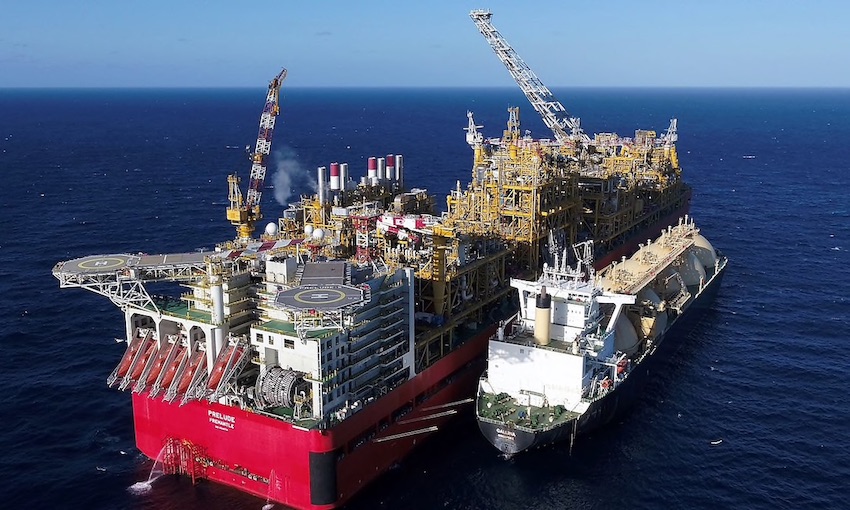APAC vice chair of research firm Wood Mackenzie, Gavin Thompson, says a recent announcement indicates Beijing’s increasing willingness to target trade in its dispute with Canberra.
The announcement came from China’s National Development and Reform Commission that it has indefinitely suspended all high-level economic dialogue with Australia.
Here are some excerpts from Mr Thompson’s analysis of the situation.
With China buying around a third of everything Australia exports on a value basis, the downward spiral in Sino-Australian diplomatic relations is clearly of concern.
While no specific energy and natural resources projects were a part of the formal China-Australia Strategic Economic Dialogue agreement, deteriorating relations are unsettling Australia’s commodity producers.
Beijing is now actively discouraging Chinese investment in Australia’s energy and natural resources sectors, while China’s use of selected import bans, restrictions and other hurdles looks likely to continue – and potentially widen – across a range of Australian exports.
But despite Beijing’s increasingly hard line, a more widespread import ban looks unlikely, particularly on the Australian iron ore that is so critical to China’s infrastructure boom.
Liquefied natural gas, too, has so far dodged any significant punitive action, with volumes into China continuing to rise through the first four months of 2021. Australian LNG projects will welcome this, but could they be next in Beijing’s crosshairs if relations continue to sour?
Australian LNG is essential to meeting Chinese demand, with volumes up 8% already in 2021 and accounting for around 45% of China’s total LNG imports.
Unconfirmed media reports have suggested that smaller LNG buyers in China have been told that Australian spot LNG cargoes are now off limits. If true, then while the impact will be relatively limited – China’s second-tier LNG importers only account for around 10% of the country’s total imports – it would signify a further escalation in China’s use of trade in what is an essentially political dispute.
Beyond this, Beijing could look to further impact Australian LNG exporters. Given the volumes at stake, an import tariff similar to the 25% slapped on US LNG exports in 2018 would likely be too painful for Chinese buyers and consumers. But Beijing might consider moves to deter Chinese buyers from signing new long-term contracts with Australian projects. This could be politically expedient, allowing Beijing to highlight its willingness to widen punitive actions on Australian exports, while having a minimal impact on China’s future LNG supply options given the relatively limited volume of Australian pre-FID supply.
Despite such concerns, there is likely to be minimal impact on existing LNG contracts. Australian volumes are essential to meeting China’s domestic gas demand, while several Australian projects have significant Chinese equity participation.
Reported moves by Chinese buyers to invoke force majeure clauses in LNG contracts as the COVID-19 crisis first emerged in China in early 2020 ultimately made little progress. And while buyers may be unenthusiastic to repeat that experience, might efforts to re-negotiate contract terms find fresh support in Beijing?
Without a tangible improvement in relations, for example, it looks very unlikely a Chinese company could acquire a significant LNG or upstream asset in Australia, either directly or through investment in a domestic company.
For sellers in Australia’s active upstream and LNG M&A market, this won’t come as welcome news. Chinese buyers, particularly the NOCs, on the hunt for future equity investment in LNG projects may look elsewhere, including Russia and possibly Qatar.
Sadly, trade disputes rarely end well. Despite both Australia and China benefitting hugely from their well-established trade in energy and natural resources, decades of trusted and reliable partnerships are being put at risk. To pull back from this, dialogue, not rhetoric, is needed – and soon.

